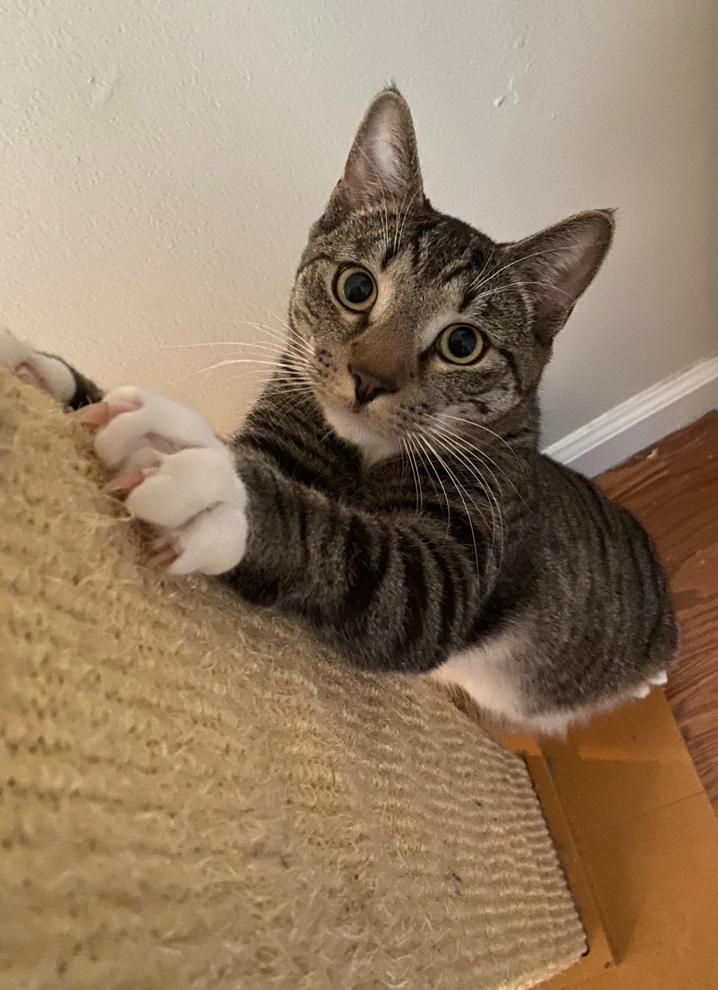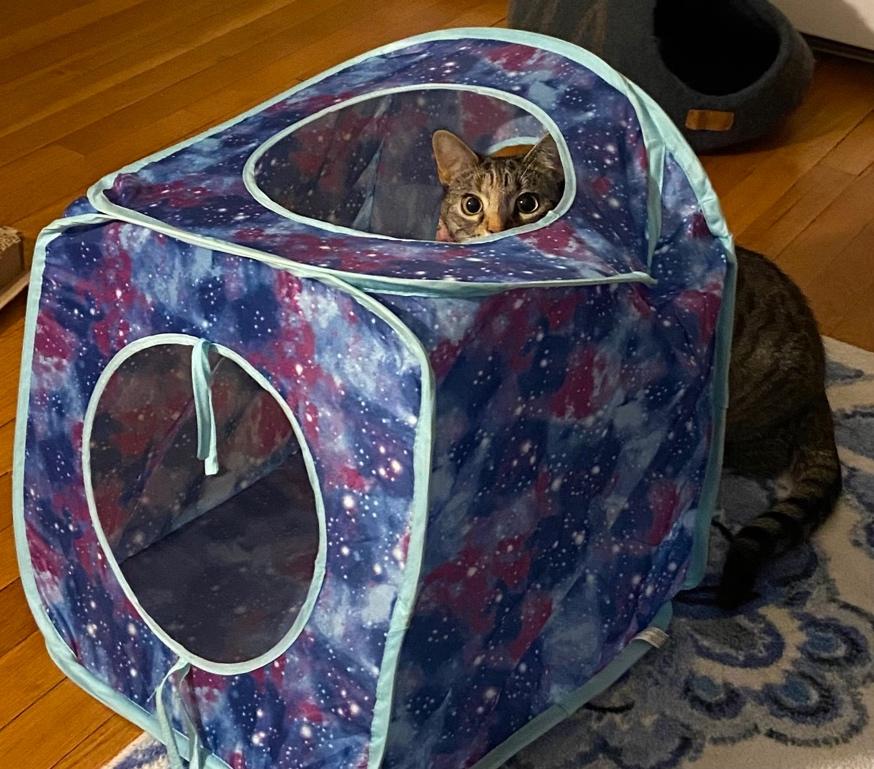For every animal in captivity, well-being is ensured by an enriched environment that meets species-specific requirements. With regards to zoo and farm animals, most people can agree that a good environment allows the animal to display natural behaviors and live a comfortable, high-quality life. We even have laws that protect these animals from cruelty by establishing minimum standards of care. When it comes to our pets, however, the story is slightly different. Here, there are no established standards, and their well-being is largely reliant on our willingness as owners to educate ourselves on their needs.
We love our cats and tend to engage with them as if they were human family members. The result is a special bond that prompts us to worry about their health and take them to the vet whenever necessary. The downside to this unique relationship, however, is that we might think love is enough, that it somehow replaces the need to educate ourselves. In other words, it can blind us to the fact that cats are animals, and as such, they have environmental requirements that are just as different from ours as those of an elephant at the zoo or a farmyard chicken. Most behavior problems in cats that are not genetic or caused by illness are the result of an environment that is somehow lacking. This also means that the correct environment can prevent most behavior problems from appearing in the first place.


